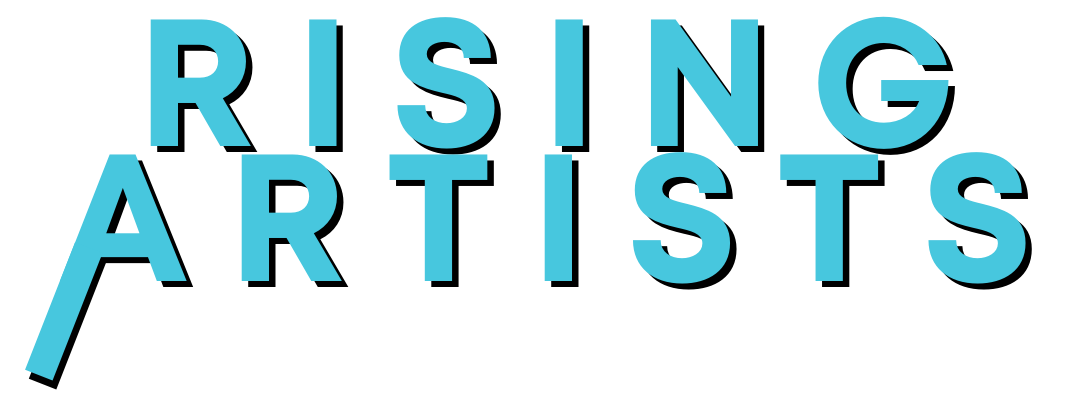Learning to use criticism effectively can transform how you grow, work and connect with others. Constructive feedback is about actively engaging with it, understanding it and turning it into action.
When you treat feedback as a tool for progress rather than judgment, it becomes a pathway to confidence and mastery. The key lies in how you receive it, how you record it and how your environment supports it.
1. Accept Constructive Feedback as a Source of Motivation
Constructive feedback can act as a reward that supports curiosity, learning and long-term interest. When feedback is clear, specific and valuable, it can help you recognize knowledge gaps and to seek new information. This process activates curiosity and engagement, turning feedback into a positive learning experience.
By offering concrete suggestions for improvement, constructive feedback fosters confidence and makes learning a more rewarding experience. Each “aha” moment that follows successful problem-solving reinforces motivation and deepens understanding.
Feedback is most effective when it answers three key questions — Where am I going? How am I doing? And what’s next? This reflection can help musicians maintain focus during practice, support their long-term learning and strengthen their motivation to refine technique .
2. Respond to Criticism with Purpose
The REACT framework helps authors systematically respond to feedback, covering review, evaluation, addressing feedback, clear communication of revisions and thanking reviewers. You can use this process to guide your revisions and elevate your music. Start by reading all feedback carefully and with an open mind. Identify key themes, distinguish major issues from minor ones and fully understand reviewers’ perspectives before revising. This turns critique into a focused plan for improvement.
Prioritize comments that strengthen the clarity, rigor or impact of your work. Revise thoughtfully, explain your decisions and acknowledge all feedback — even when you choose not to apply specific suggestions. Communicate revisions clearly and respectfully.
This method is significant for handling your public reputation. Positive and negative reviews are critical across sectors, as 97% of consumers read them to gauge a business’s reputation. Whether a musician performs live or posts their craft online, they can become susceptible to listener feedback. Knowing how to respond appropriately helps you interact with your audience, respond to concerns and demonstrate a commitment to making improvements.
3. Track Feedback to Guide Growth
Keeping a record of the feedback you receive is a simple yet powerful way to track growth. Avoid taking criticism or any other comments personally. Instead, noting comments, spotting recurring themes and reviewing progress over time helps turn vague advice into concrete goals. Treating feedback as an ongoing process rather than a one-time event makes improvement more intentional and meaningful.
The setting where feedback happens matters too. Supportive environments built on empathy, accessibility and open dialogue make it easier to learn and act on critique. When feedback becomes part of regular, natural conversations, growth feels collaborative instead of pressured.
For musicians, tracking performance notes, audience feedback and peer input can create a clear framework for measurable and consistent improvement.
4. Build Fair and Consistent Feedback Practices
Feedback is most effective when it is consistent, objective and fair. People may unintentionally soften or avoid critical feedback in an effort to appear sensitive or inclusive, but this can limit growth and reduce trust.
Using structured systems — such as standardized checklists or regular review sessions — helps ensure that feedback encompasses all critical areas. It emphasizes performance over personal perception. Consistent feedback makes expectations clear and provides everyone with opportunities to improve.
Incorporating feedback into regular routines and linking it to specific, observable actions encourages reflection and dialogue. This approach turns feedback into a collaborative process, making it easier to learn, adjust and grow over time. In musical settings, consistent feedback systems — such as regular rehearsal reviews or performance assessments — can help maintain fairness and objectivity. They provide a structured way to track progress and support steady artistic growth.
Turning Criticism into a Superpower
Mastering the art of using criticism means turning discomfort into insight. Every piece of feedback offers an opportunity to refine your work and enhance your performance. For musicians, treating feedback as part of the learning process builds resilience, precision and confidence — essential qualities for lasting progress in practice and performance.













